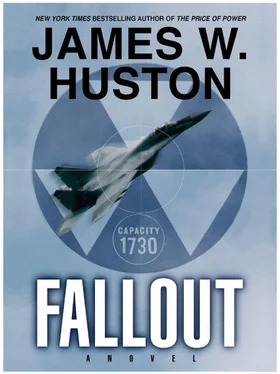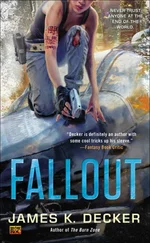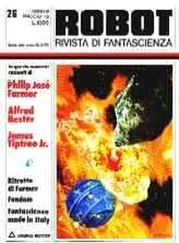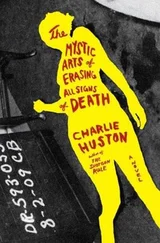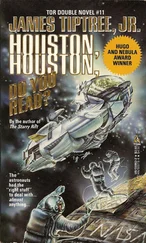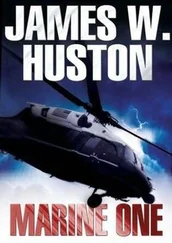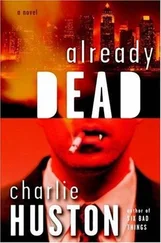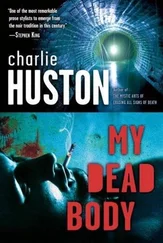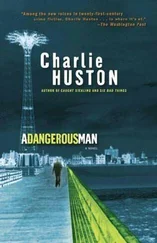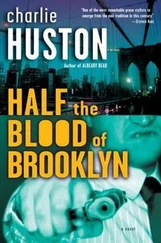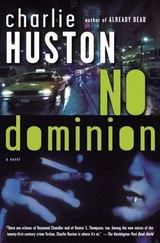Prekash brought the pilots together. “Those who have been asked to be part of the final planning stage are welcome to stay. For the rest of you, please return to your duties.”
Those who were being asked to leave headed for the door, while three other officers stayed behind and made their way to the planning table.
Luke glanced around. “We’re right here,” Prekash said, pointing to the airfield on the chart. “It is my understanding that you believe he’ll be attacking here, the nuclear power plant.”
“We’re just guessing,” Luke said, looking at Vlad. “But it’s what he did to us, with no warning whatsoever. It’s kind of the poor man’s nuclear war—if you can’t use nuclear warheads to spread radiation, if you don’t have your own radiation to drop on someone, use theirs. Hit the nuclear power plants or, as he did to us, their high-level nuclear waste. And if he is truly intent on starting a war between India and Pakistan, wouldn’t that be the sure way of doing it?”
“The most sure way I can imagine,” Prekash said with an undertone of fury.
Vlad was staring at the chart. “But we should consider other targets. If we were so smart, we would have stopped him before he attacked us,” he admitted.
Prekash ran his hand across the chart to flatten it, then looked up at Luke. “You trained this Khan?”
“Mostly in air-to-air,” Luke replied defensively. “We did some air-to-ground, but not much. We helped him plan a mission to attack a target from low level about three hundred miles away.”
“And here we are,” Prekash said. “How do you think he’ll come?”
“As low as he can get.”
“It does not give us much time to react. If we detect him coming at all.”
“Show me where we are in relationship to the target,” Vlad said.
One of the other officers pointed to the nuclear power plant. “It is right here. The Air Force base is”—he looked—“here.” He took a ruler and showed them the most direct line of flight. “It is a pretty straight shot.”
“It looks flat,” Luke said.
“For the most part,” Prekash said. “There is no real good place to hide, which makes an intercept easier. And that is assuming they don’t stage out of one of their forward air bases. A real possibility.”
Luke studied the chart. “Where are those?”
“Here, and here, and here,” Prekash showed.
“A lot of angles to worry about.”
“Precisely.”
“How’s your radar? Any chance of an early-warning hit on them coming across the border?”
Prekash thought for a moment and stared at the identified air bases and how close they were to the Indian border. “I’d say a one-in-two or one-in-three chance of picking them up. Depending on where they cross the border and how high.”
“We told them to attack a target from several directions at once to ensure that some go through.” He looked at the chart where Prekash was staring. “I’m sure they know where the radar coverage is the weakest.”
“There are some valleys.”
“Could you do it without detection?”
“Not with a large flight.”
Vlad shook his head. “It won’t be a large flight. I’d expect four airplanes at the most. A surgical strike with laser-guided bombs. It’s what we recommended.”
Prekash and the other Indian pilots studied Vlad and Luke. They still weren’t sure what to make of them. They had been ordered to cooperate but didn’t feel comfortable yielding. “You make it sound like we will never stop him. What do you suggest?”
“We need to have a complete understanding of your radar system, your early-warning system, and any airborne radar platforms you have available. We also need to devise a plan to get them airborne covering the right places without alerting anyone to increased activity.”
“We have some old early-warning airplanes, but they are not very reliable.”
Luke stood up straight. “You need to get everything that can detect a low-flying airplane airborne. Even if it looks like provocation, you can argue that it can’t be provocation to turn on your own radars. We’ll have to have fighters airborne from now until we think the threat is over. And since Vlad and I are to be the first to engage, we need to be in a five-minute alert at the airfield along the most likely threat vector.”
“I think you’ll see that we have no airfield on the threat vectors. We are as close as there is, and we’re a hundred miles away from their most likely route.”
Luke and Vlad frowned. Luke spoke first. “That won’t do it. With the 29’s limited range, we won’t be able to get them from here.”
“What do you suggest?” Prekash asked, slightly peeved.
“I don’t know,” Luke said.
A Major spoke. “We might be able to pre-position you at one of our unimproved wartime locations.”
“Would it put us on the threat vector?” Vlad asked.
He looked at the chart again. “Yes, it would.”
Prekash began to say something, then stopped. He had seen somebody come into the room from behind Luke and Vlad. Luke felt the gaze of the intruder on the back of his head and turned to look. The man was impeccably dressed. He wore expensive casual clothes. He nodded at Prekash, who quickly gave a very subtle and slight bow and left the room with his other officers. Luke and Vlad were suddenly alone with him.
The man came over to Luke and extended his hand. “I am Sunil.”
Luke was puzzled. “Luke Henry, and this is—”
“Yes, I know. Hello, Vlad.”
“Sunil,” Vlad said, surprised.
“Who exactly are you?” Luke asked, perplexed by Prekash’s leaving in the middle of their conversation.
“As I said, my name is Sunil.”
“Sunil who?”
“Just Sunil.”
“So what can we do for you?”
“I wanted to talk to you about what you’ll be doing and against whom you will be doing it,” he said. His accent was slightly less obvious than the others’. It had a more British, clipped sound to it, as if he’d been educated at Oxford.
Luke nodded without comment. He wanted to get on with their planning.
“We have some very good information that your enemy will be launching his attack either tonight or early in the morning.”
“How do you know that?”
“As I said, we have very good information.”
“Okay,” Luke said. “So what are we going to do about it?”
“We will pre-position your two fighters at a forward strip which is actually a highway. The rest of the squadron will be behind you, in front of the nuclear plant as a barrier. It will be up to you to try to stop them, but if you fail, the others—”
“We won’t fail,” Luke replied.
“I understand that you do not intend to fail, but failure has a way of sneaking up on you.”
“I don’t let failure sneak up on me.”
“Yes, well, who intends to?”
“Do you know how many airplanes there will be?”
“I don’t think many.”
“You sure seem calm,” Luke said. “Everyone else around here is on pins and needles. You look like you just got a massage.”
Sunil smiled. His teeth were perfect and bright against his dark face and slicked-back jet black hair. “No massage, I’m just confident.”
“Why?”
“Because I know our adversary.”
“What do you mean, you know him?”
“I’ve been following him and his group for years. He has been planning this event for a long time, including taking his leave of absence from the Air Force so he could reappear as another pilot with new records.”
“How do you know that?”
“I know almost everything there is to know about Mr. Riaz Khan, as you know him.”
Luke winced at the mention of the name.
“The man who came to your school, killed your security guards, bombed your nuclear power plant, and now has come here to do the same to us.”
Читать дальше
